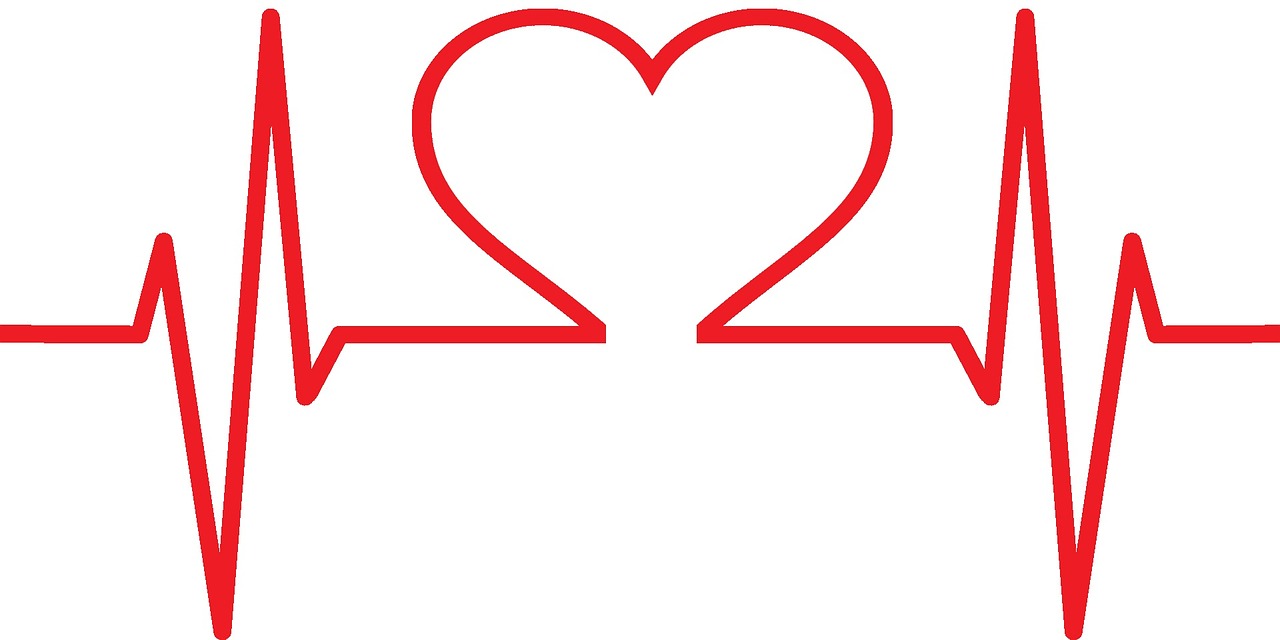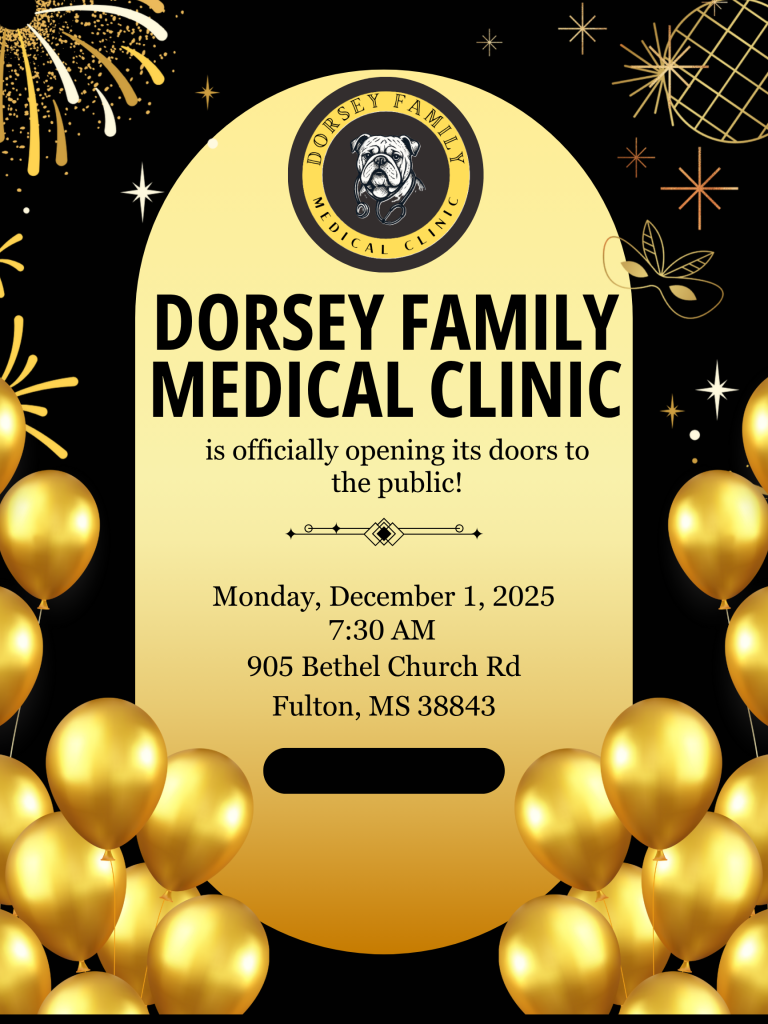
According to Harvard Medical School, “The heart beats about 2.5 billion times over the average lifetime, pushing millions of gallons of blood to every part of the body.” This steady flow of blood carries oxygen, fuel, hormones, other essential cells and elements throughout your body. It also clears the body of waste products of metabolism. When the heart stops, most essential functions fail almost instantaneously.
What is Heart Disease?
Heart disease, such as coronary heart disease, heart attack, congestive heart failure, and congenital heart disease, is the leading cause of death for both men and women in the U.S. It is generally caused by narrowed or blocked blood vessels. When blood vessels are narrowed or blocked it makes the heart’s job pumping blood very difficult. When enough blood cannot reach the heart, it can lead to a heart attack, chest pain (angina) or stroke.
Other heart conditions, such as those that affect your heart’s muscle, valves or rhythm, also are considered forms of heart disease. Prevention usually includes lifestyle changes such quitting smoking, lowering cholesterol, controlling high blood pressure, maintaining a healthy weight, and exercising.
The sooner you take heart health seriously, the less likely you are to suffer the negative effects of heart disease. If you’re ready to being your journey to a healthy heart, start by taking these five small steps suggested by the CDC.
Schedule a visit with your primary care provider to talk about heart health.
It’s important to schedule regular check-ups even if you think you are not sick. Partner with your medical care provider and health care team to set goals for improving your heart health, and don’t be afraid to ask questions and trust their advice.
Add exercise to your daily routine.
Start off the month by walking 15 minutes, 3 times each week. By mid-month, increase your time to 30 minutes, 3 times each week.
Increase healthy eating.
Cook heart-healthy meals at home at least 3 times each week and make your favorite recipe lower sodium. For example, swap out salt for fresh or dried herbs and spices.
Take steps to quit smoking.
If you currently smoke, quitting can cut your risk for heart disease and stroke. Learn more at CDC’s Smoking and Tobacco Use website .
Take medication as prescribed.
Talk with your medical care provider about the importance of high blood pressure and cholesterol medications. If you’re having trouble taking your medicines on time or if you’re having side effects, ask your medical are provider for help.
Chances are you or a loved one suffers from heart related illness. If you’re ready to take that first step and talk to a medical care professional about heart disease, please contact Mantachie Rural Health Care at (662) 282-4226.



Speak Your Mind